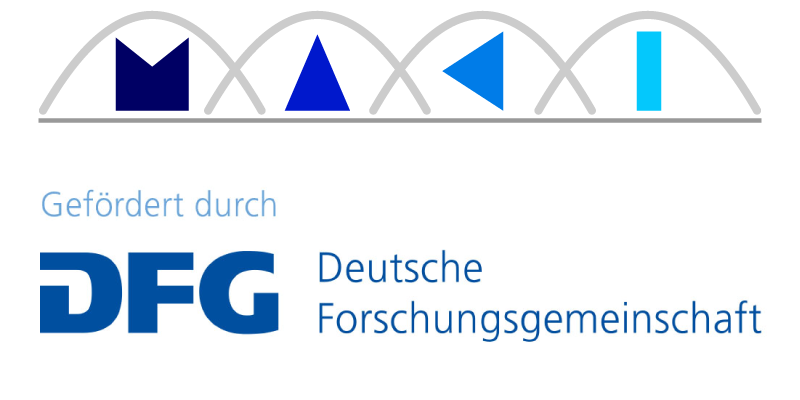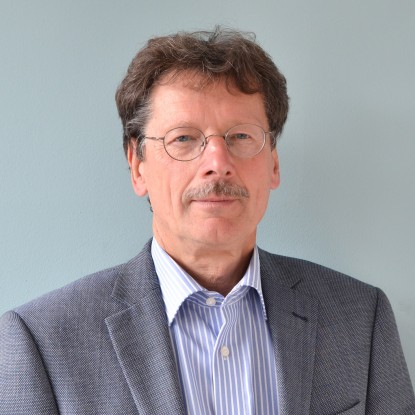| Vortragender | Dr.-Ing. Andreas Reinhardt |
| Titel | Receiver-initiated Opportunistic Data Collection and Command Multicasting for WSNs |
| Zeit | Mittwoch, 14.05.2014, 14:00 – 16:00 Uhr |
| Ort |
S3|19 , Raum 5+6, MAKI-Cocoon-Räume, Rundeturmstr. 12, 64283 Darmstadt |
| Abstract | |
|
The collection of sensor data from a distributed set of low-power embedded systems is an inherent characteristic of wireless sensor networks. As a result, a number of low-power data collection protocols have emerged that optimize the data flow from the distributed sources to a sink node. The transmission of data from the sink to individual nodes in the network, e.g., control commands, is however generally unsupported in these deployments. As a result, several routing protocols have been developed to this end, although their fundamental assumptions are contrary to the low-power and low-memory nature of data collection sensor networks. In this talk, I will present how the energy-efficient receiver-initiated ORiNoCo data collection protocol can be extended by means to allow for the reconfiguration of a subset of nodes in the network during runtime. Leveraging the existing messages, multicast recipient groups can be defined and commands be emitted to these groups in an opportunistic fashion. RoCoCo approach relies on the use of Bloom filters and thus only incurs a small memory overhead as well as a minimal additional energy demand, and I will present both evaluations of the additional energy expenditure and the observed delays to confirm its feasibility. |
|
| Bio | |
| Andreas Reinhardt is Vice-Chancellor's Postdoctoral Research Fellow at the University of New South Wales in Sydney, Australia. He holds a doctoral degree in Electrical Engineering and Information Technology from TU Darmstadt, Germany, where he graduated in 2011 on the topic of designing sensor networks for smart spaces. His current research interests lie in the area of ubiquitous computing for a smarter use of energy, with a special focus on making wireless sensor and actuator networks viable for their integration into smart energy management systems. | |
SFB 1053 MAKI

Dr.-Ing. Andreas Reinhardt
Dr.-Ing. Andreas Reinhardt



